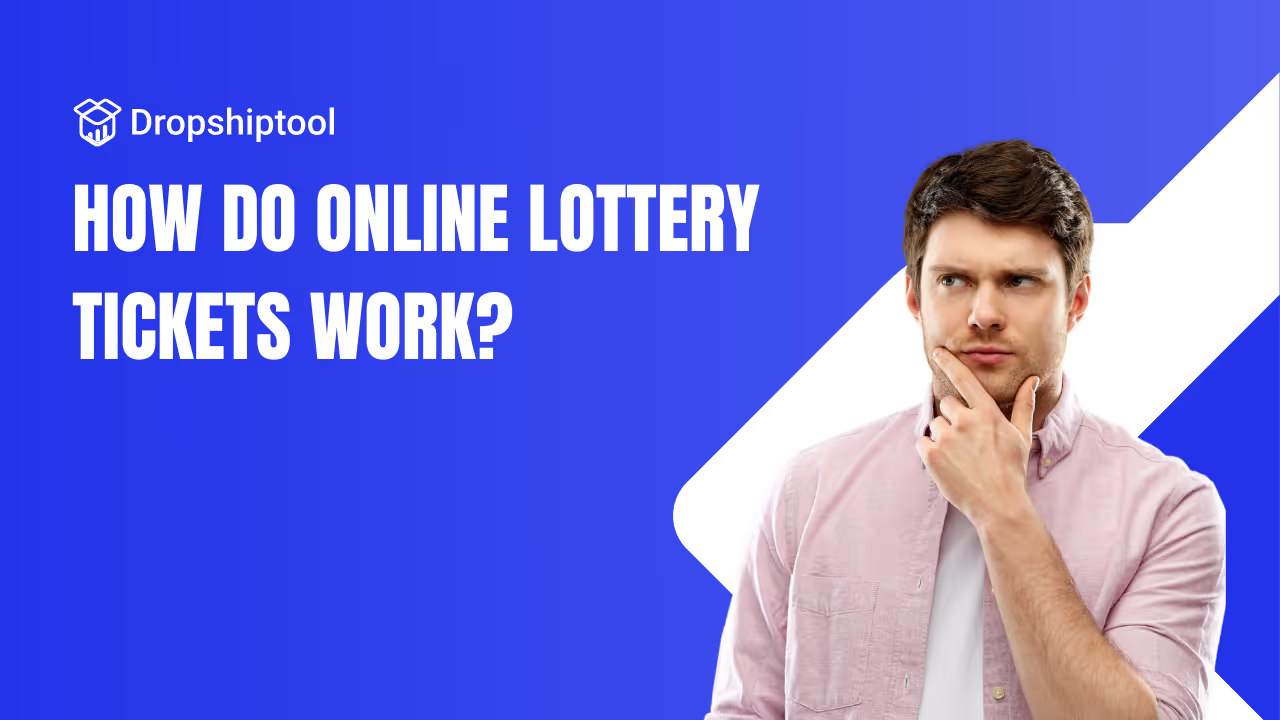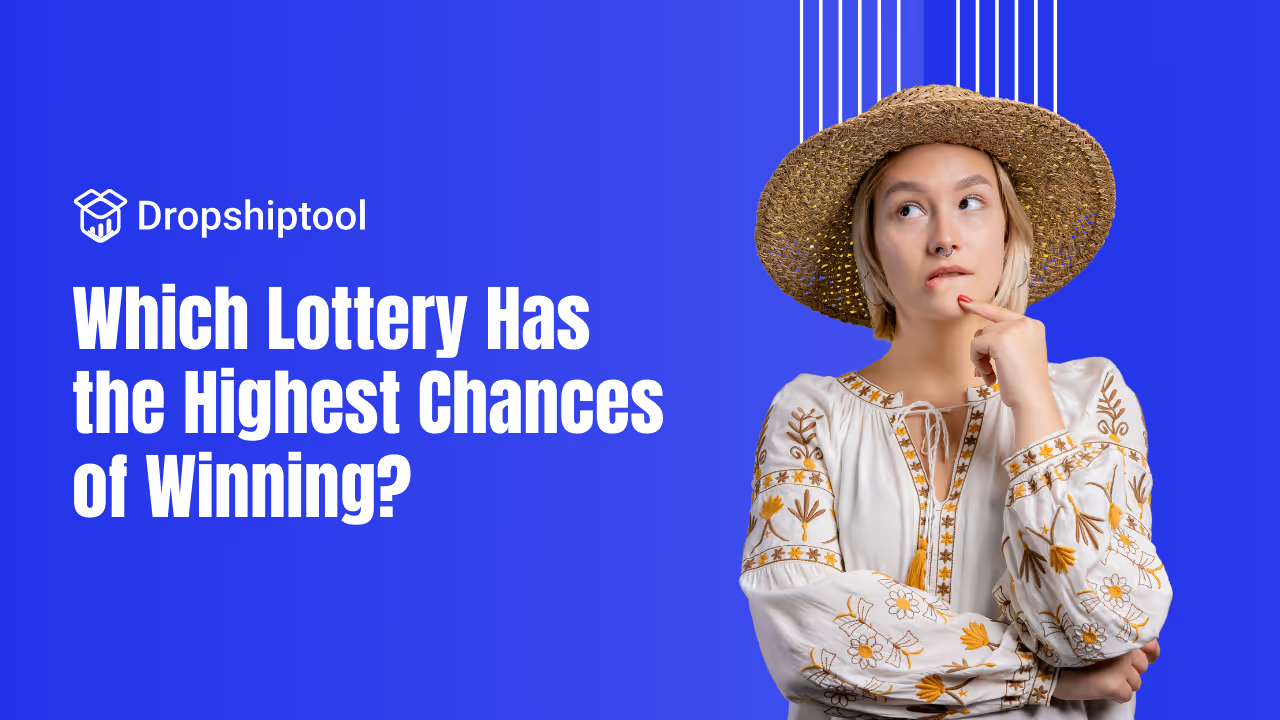If you’re building an online business, you’ve probably stumbled across two names that keep popping up—Aliexpress and Alibaba. At a glance, they look similar: both offer thousands of products from Chinese suppliers, and both promise low prices. But if you dig a little deeper, you’ll realize they serve very different purposes.
One is built for bulk buying and brand customization. The other is ideal for low-risk, small-quantity orders—even if you’re just testing the waters.
So how do you decide which one’s right for you?
That’s exactly what we’ll help you figure out. This isn’t a surface-level comparison—we’re diving into real use cases, costs, shipping times, and how each platform fits different business models. Whether you’re just starting out or ready to scale, understanding the differences between Aliexpress and Alibaba will save you time, money, and a lot of headaches down the road.
Let’s break it all down.
What Is the Difference Between Aliexpress and Alibaba?
Before you start sourcing products, it’s crucial to know what each platform actually offers. Aliexpress and Alibaba may look alike, but they serve very different business needs. Understanding these core differences will help you avoid missteps that can cost you money—or worse, your customers’ trust.
Let’s unpack what sets them apart.
What is Aliexpress?
Aliexpress is designed for buyers who want to purchase small quantities—sometimes even just one item. Think of it like Amazon, but with direct access to suppliers in China. It’s often used by dropshippers or small businesses that want to test a product before committing to larger orders.
You don’t need to worry about negotiations, MOQs (minimum order quantities), or complicated shipping processes. You find a product, place an order, and that’s it. It’s plug-and-play ecommerce.
Most products come with buyer protection, built-in reviews, and fixed prices, which makes the experience straightforward—even if you’re just starting out.
What is Alibaba?
Alibaba, on the other hand, is made for bulk orders and business-to-business transactions. It’s where you go when you’re ready to buy 500 phone cases, not just one. You deal directly with manufacturers or trading companies, often negotiating pricing, packaging, branding, and shipping terms.
This platform is a goldmine for entrepreneurs looking to launch private-label products or build long-term relationships with suppliers. But it comes with more responsibility: you’ll need to understand logistics, vet suppliers more carefully, and manage lead times.
It’s not a “click to buy” experience—it’s more like a business negotiation.
Key Differences at a Glance
To make it even easier, here’s a side-by-side comparison of the two platforms:
Aliexpress vs Alibaba for Small Business Owners and Startups
If you're just starting out, choosing the right sourcing platform isn’t just about pricing—it’s about survival. The wrong choice can eat up your cash flow, overwhelm you with logistics, or leave you stuck with products you can’t move. This section helps you align the platform with where your business is today—not where you hope it’ll be in a year.
Let’s break it down by business stage and needs.
Aliexpress: Low-Risk, Low-Commitment for New Sellers
Aliexpress is tailor-made for small businesses that are just getting their feet wet. You don’t need a warehouse, you don’t need inventory, and you don’t even need a huge budget. You can literally test products with a few clicks, and only pay once a customer places an order.
There’s no pressure to commit to a product long-term. If something doesn’t sell, you move on. That flexibility is a huge plus when you're still figuring out what your customers actually want.
And since most Aliexpress sellers ship directly to your customer, it also simplifies fulfillment—no packaging or shipping stress on your end.
Alibaba: Better for Growth, Branding, and Scaling
If you already know your niche, have some capital, and want to build a brand with custom packaging or logos, Alibaba starts to make more sense. The platform allows you to work directly with manufacturers, which opens up opportunities for private labeling and wholesale pricing.
But—and this is important—Alibaba requires more effort. You’ll likely deal with shipping agents, customs paperwork, and longer delivery times. It’s a business-building move, not a quick flip.
For early-stage entrepreneurs without much cash flow, it might feel like overkill. But for brands looking to scale or get into retail, it offers the control and customization Aliexpress simply can’t.
Making the Right Choice for Your Stage
Here’s a simple rule:
- If you’re testing product ideas or validating a niche—start with Aliexpress.
- If you’ve validated your market and want to scale with branded products—move to Alibaba.
Think of Aliexpress as the training wheels. Once you're ready to ride solo and fast, Alibaba is the upgrade.
Customization, Branding, and White-Label Options Compared
Once you've validated a product and start seeing real traction, the next logical step is to make it yours. That’s where branding, customization, and white-labeling come into play. But not every platform offers the same level of flexibility.
This section breaks down how Aliexpress and Alibaba differ when it comes to making your products feel like a true brand—not just a generic item shipped in bubble wrap.
Alibaba: Made for Custom Orders and Private Labeling
If you want to build a brand that stands out, Alibaba is the better platform. Most suppliers here are manufacturers or large-scale traders who expect bulk orders and offer full customization services.
That means you can:
- Add your logo on the product
- Create custom packaging
- Request product modifications
- Even manufacture from scratch (OEM or ODM)
These suppliers are used to working with ecommerce brands, wholesalers, and even big-box retailers. Just keep in mind—customization usually requires higher MOQs (Minimum Order Quantities) and longer lead times.
It’s a long-term move, but ideal for serious brand builders.
Aliexpress: Limited Branding, If Any
Aliexpress is not built for customization. Most suppliers operate at high volume and low margins, so offering private label options for small, single-item orders just isn’t feasible.
You might find a supplier who’s willing to include branded packaging or insert a thank-you card, but it’s rare—and usually only happens if you build a relationship over time or order in higher quantities.
In short, Aliexpress is great for testing product-market fit, but not for brand-building.
When Should You Make the Shift?
Here’s a good rule of thumb:
If you're getting consistent sales and want better profit margins, it’s time to consider branding. That often means transitioning from Aliexpress to Alibaba—or using both platforms strategically. For example, start small with Aliexpress to test the product, then shift to Alibaba for branded bulk orders once you know it's working.
This is also the stage where many sellers start thinking about working with local suppliers or private agents to manage packaging and fulfillment—especially if branding is a top priority.
Payment Methods, Buyer Protection, and Risk Factors
Before you send money across the world to someone you’ve never met, you need to know how each platform handles payments, protection, and potential pitfalls. This isn’t just about trust—it’s about how much control you have if things go wrong.
Let’s break down how Aliexpress and Alibaba manage risk and protect buyers.
Aliexpress: Safer for Beginners with Built-In Protection
Aliexpress has a standardized buyer protection system that automatically covers every order. If your item doesn’t arrive, shows up damaged, or isn’t as described, you can open a dispute and get your money back.
Here’s how it works:
- You pay through Aliexpress, not directly to the supplier.
- The money is held in escrow until the item is confirmed delivered.
- If there’s a problem, you submit photos or proof, and the platform intervenes.
It’s beginner-friendly and feels similar to shopping on Amazon or eBay. You don’t need to negotiate terms—everything is already built into the platform.
Alibaba: More Flexible, But You’re On Your Own
Alibaba gives you more control—but that also means more responsibility. Payment terms vary from supplier to supplier, and buyer protection isn’t guaranteed unless you specifically choose a “Trade Assurance” seller.
With Trade Assurance:
- Your payment is held in escrow until you confirm the order meets agreed terms.
- Disputes are resolved through Alibaba, not the supplier.
- You’re protected against late delivery and quality issues—but only if you set clear agreements upfront.
Outside of Trade Assurance, many sellers expect wire transfers or upfront payments, which carry more risk if you haven’t vetted them properly.
What About Fraud and Counterfeit Products?
Aliexpress has its fair share of knockoffs and low-quality items, but since you’re usually placing small orders, the risk is lower financially. Just read reviews, check ratings, and test before scaling.
Alibaba has more serious risks when dealing with large orders. If you’re not careful, you could lose thousands to a fake supplier or receive subpar goods you can’t return. That’s why it’s crucial to:
- Use Trade Assurance
- Work with verified or Gold Suppliers
- Ask for samples before placing bulk orders
Both platforms require due diligence—but the stakes are much higher on Alibaba.
Shipping Speed and Fulfillment Differences Explained
Fast, reliable shipping isn’t just a nice-to-have anymore—it’s an expectation. Customers don’t want to wait 30 days for a product to arrive, and you don’t want your business drowning in refund requests or bad reviews.
So, how do Aliexpress and Alibaba stack up when it comes to shipping timelines and fulfillment methods?
Let’s take a closer look.
Aliexpress Shipping: Predictable but Often Slow
Aliexpress generally offers preset shipping methods, and most suppliers are already geared toward sending out individual orders directly to consumers. That means you don’t have to handle logistics—but you also don’t control it.
Common delivery options include:
- Cainiao Standard Shipping: 10–25 days
- ePacket (where available): 7–20 days
- AliExpress Premium Shipping: Faster but more expensive
The shipping time depends heavily on the supplier’s warehouse location and the destination country. You can track most packages, but delays aren’t uncommon—especially during peak seasons.
This is why many dropshippers limit their product catalog to items that ship within 7–15 days, even if it narrows their options.
Alibaba Shipping: Custom, Bulk, and Slower by Nature
With Alibaba, you’re in charge of figuring out how and where the goods ship from and to. Shipping is handled through direct negotiation with the supplier or third-party agents.
Options include:
- Air Freight: Faster, more expensive
- Ocean Freight: Cheaper, but takes 20–60 days
- Express Courier (like DHL, FedEx): Usually used for samples or smaller orders
You’ll also encounter terms like FOB (Free on Board) or CIF (Cost, Insurance, Freight)—which refer to how responsibility for the shipment is split between you and the supplier.
While this setup allows for bulk orders and better per-unit pricing, it introduces more complexity. You’ll need to factor in customs, duties, port fees, and import taxes.
Shipping Comparison Summary
Choosing the Right Platform Based on Your Business Goals
There’s no one-size-fits-all answer to the Aliexpress vs Alibaba debate. The right platform depends on where you are in your business journey—and where you’re trying to go. This section helps you figure out which one fits your goals, so you can stop guessing and start moving forward with clarity.
Just Starting Out or Testing a Niche?
Go with Aliexpress. You can list products in your store, test demand, and fulfill orders without worrying about inventory. It’s low-risk and low-cost.
Since there’s no minimum order requirement, you’re free to pivot quickly if a product flops. This flexibility is essential when you’re experimenting with niches or still learning what your audience wants.
Ready to Scale and Build a Brand?
Then it’s time to look at Alibaba. Once you’ve validated a product and know it sells, you can move to bulk buying, customize the packaging, and negotiate better pricing.
Yes, it’s more work—but the trade-off is better margins and more control over the customer experience.
Just make sure you’re ready for:
- Upfront investment
- Longer lead times
- Supplier communication
- Import taxes and freight logistics
Need Fast Shipping and Less Hassle?
If delivery speed is your top priority—especially in the US, Canada, or Europe—it may be worth exploring platforms that connect you with domestic or nearshore suppliers. Some offer faster shipping and better packaging options without requiring bulk purchases.
This hybrid approach works well for sellers who’ve outgrown Aliexpress but aren’t quite ready for the complexity of Alibaba.
Think of these platforms not as either/or—but as tools you use at different stages. You might start on Aliexpress, test a product, scale with Alibaba, and mix in local suppliers along the way.
Conclusion: Aliexpress vs Alibaba — Making the Smart Choice for Your Business
When it comes down to Aliexpress vs Alibaba, the better platform isn’t the one with the lowest prices or the flashiest catalog. It’s the one that actually fits where you are in your business journey.
If you’re testing the waters, starting small, or learning how ecommerce works—Aliexpress gives you the freedom to explore without risk. It’s simple, quick to set up, and perfect for learning what sells before committing to anything big.
If you’ve already validated your idea, built an audience, and want to take control of your brand—Alibaba opens the door to custom packaging, better margins, and long-term growth.
There’s no rule that says you can’t use both. In fact, many successful sellers start on Aliexpress and transition to Alibaba once they’re ready to scale.
Use each platform for what it’s best at. Play smart, move step-by-step, and build the kind of business that works for you.






















